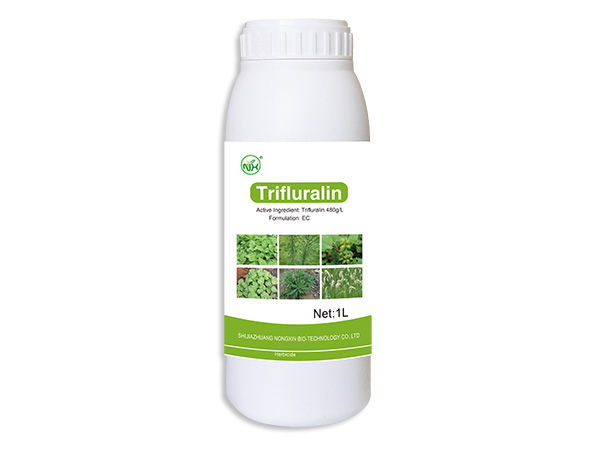According to the U.S. Federal Gazette, on February 15, 2019, the U.S. Environmental Protection Agency issued document 2019-02523 to revise the residue limits of Trifloxystrobin in related agricultural products.
The EPA conducted a risk assessment of oxime ester, assessing the toxicity, dietary exposure and the impact on infants and young children, and concluded that it was safe to use oxime ester at the following limits. The specific limits are as follows:
Commodity Limit (ppm)
Flax, seed 0.40
Separation of grain grains 10
The regulation came into force on February 15, 2019. Requests for objections and hearings must be submitted on or before April 16, 2019.

On February 15, 2019, the U.S. Environmental Protection Agency issued document 2019-02535 to revise the residue limits of
Trifluralin in rosemary.
The EPA conducted a risk assessment of
Trifluralin, assessing the toxicity, dietary exposure and the impact on infants and young children, and concluded that the following limits were safe to use. The specific limits are as follows:
Commodity Limit
Rosemary, dried leaves 0.10
Rosemary, fresh leaves 0.10
Rosemary, Oil 3.0
The regulation came into force on February 15, 2019. Requests for objections and hearings must be submitted on or before April 16, 2019.

